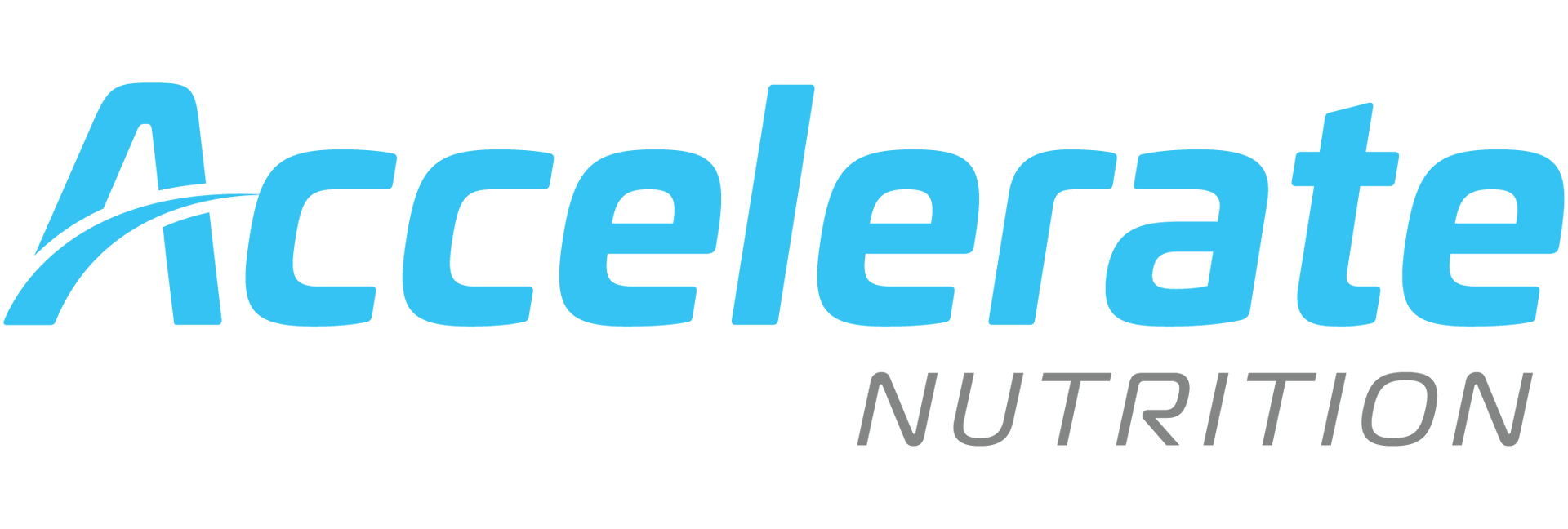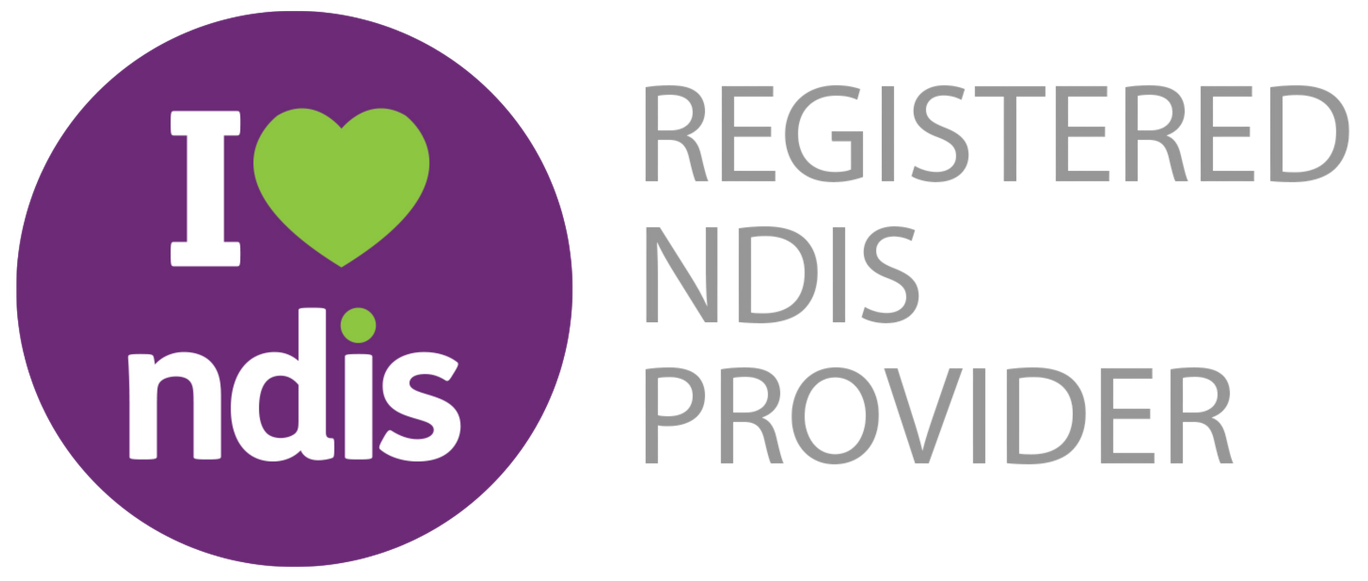Neurodivergent Nutrition
1. Create a Sense of Safety Before Focusing on Nutrition
Eating starts with feeling safe - physically, emotionally, and sensory-wise.
Ask yourself or reflect with support:
- Is the environment calm, quiet, or soothing?
- Are certain sounds, textures, or smells too much?
- Do you feel like you’re being rushed, watched, or judged while eating?
Your Environment Matters Just as Much as Your Plate
Food doesn’t exist in a vacuum. Everything from the seat you’re in to the noise in the room can affect your appetite and comfort.
Adjusting your space - dimmer lights, softer textures, quieter surroundings - can help you feel more grounded and present.
That sense of safety is the first step to more enjoyable eating experiences.
And if you're supporting someone else, remember: eating is about more than hunger.
It's about how secure they feel in their body and their surroundings.
The more predictable, calm, and respectful the space, the easier it becomes to engage with food.
2. Redefine What Progress Looks Like
Food doesn’t have to be “perfect” to be nourishing.
And progress doesn’t always mean trying new foods or eating everything on your plate.
Progress might mean:
- Discovering one new safe food this month
- Building a consistent breakfast routine that works for you
- Feeling more confident preparing meals your way
There are no wrong ways to grow. Dietitians can help you define what progress means for you - in your body, your home, and your rhythm.
For neurodivergent people, “success” might look like eating without distress, gaining autonomy around food, or creating sustainable habits that reduce anxiety. These wins deserve to be celebrated.
3. Build Predictability With Gentle Routines
Many neurodivergent people find comfort in structure - especially when life feels unpredictable.
That comfort can extend to food, too.
Creating a gentle rhythm for meals might include:
- Eating at regular times each day
- Using a visual guide or checklist to remember what’s being served
- Having a mealtime routine that includes preferred sensory tools (weighted lap pad, music, etc.)
These small rituals help ease transitions and make food feel less overwhelming.
The goal isn’t rigid schedules - it’s supportive consistency.
You could also consider using colour-coded meal plans, timers for transitions, or movement breaks before meals.
Structure doesn’t mean inflexible - it means reassuring and reliable.
4. Be Curious About Food - Don’t Hide It
Many parents feel like it’s their job to sort it out alone.
Here’s the truth: needing help doesn’t mean you’ve failed. It means the situation is hard.
And getting support can actually bring new joy to meals - instead of just more stress.
Dietitians can help your child try new foods, build trust, and enjoy mealtimes in their own way.
It’s not about supervision. It’s about connection.
Having someone else in your corner helps ease the pressure. You don’t have to hold it all together alone.
6. Make Mealtimes Calm and Choice-Filled
Pressure to eat can feel overwhelming. Even gentle encouragement like “just try one bite” can create stress or shutdowns.
Instead, you might:
- Offer a plate and say, “It’s here if you’d like it.”
- Include safe foods with every meal, alongside something new
- Let go of mealtime expectations and focus on comfort
Choice builds autonomy. Autonomy builds confidence. And confidence often leads to increased food acceptance over time.
Everyone deserves to feel in control of what they eat and when. You are not “picky” - you are self-aware. That deserves respect.
7. Focus On What Works - And Grow From There
You don’t need to eat everything. You don’t even need a long list of foods. You just need a starting point - and support that respects it.
Maybe you feel good eating the same few meals every week. Maybe you’re only comfortable with certain textures.
That’s okay. A Dietitian can:
- Work within your preferences
- Introduce new ideas at your pace
- Support you to build skills and expand food choices with trust and consent
Each success, no matter how small, is a real and valid achievement.
And if progress takes months - or even years - that’s still success. Your timeline is your own.
8. Nourishment Is About More Than Just Food
Food is a relationship - not a checklist. It's about how you feel, how you're supported, and what feels good to your body and brain.
Some ideas that can help:
- Eating with music or quiet, depending on your preference
- Having flexible mealtimes that allow for breaks or pacing
- Exploring food in non-eating ways (like drawing, playing, smelling)
You don’t have to “get it right” - you just have to feel okay. And when meals feel safe and calm, you’re more likely to get what you need.
Sometimes it’s about connection. Sometimes it’s about autonomy. Sometimes it’s just about knowing you’re allowed to say no.
9. Support Is Here - You Don’t Have To Wait
You don’t need to be in crisis to reach out for support. Dietitian help is available - and it’s designed to be gentle, inclusive, and neuro-affirming.
Through the NDIS, you can access support such as:
- Feeding plans tailored to sensory and emotional needs
- Mealtime coaching for you or your support team
- Nutrition education that’s personalised, not prescriptive
- Collaborative care that includes your OT, psychologist, or case manager
If food is causing stress or confusion, you deserve support that makes life feel lighter and more manageable.
And even if you’ve tried before and it didn’t feel helpful - it’s okay to try again. The right support listens more, not less.
You're Here To Be Supported
Your needs are valid. Your boundaries matter. And your experience with food deserves to be honoured.
NDIS Dietitian support isn’t about rigid meal plans or judgment. It’s about:
- Listening first
- Co-creating plans together
- Supporting you to feel calm, nourished, and more in control
This journey is yours - and it doesn’t have to be walked alone.

Start the Conversation - No Pressure, Just Possibility
There’s no pressure, no expectations. Just a gentle conversation about what could help.






